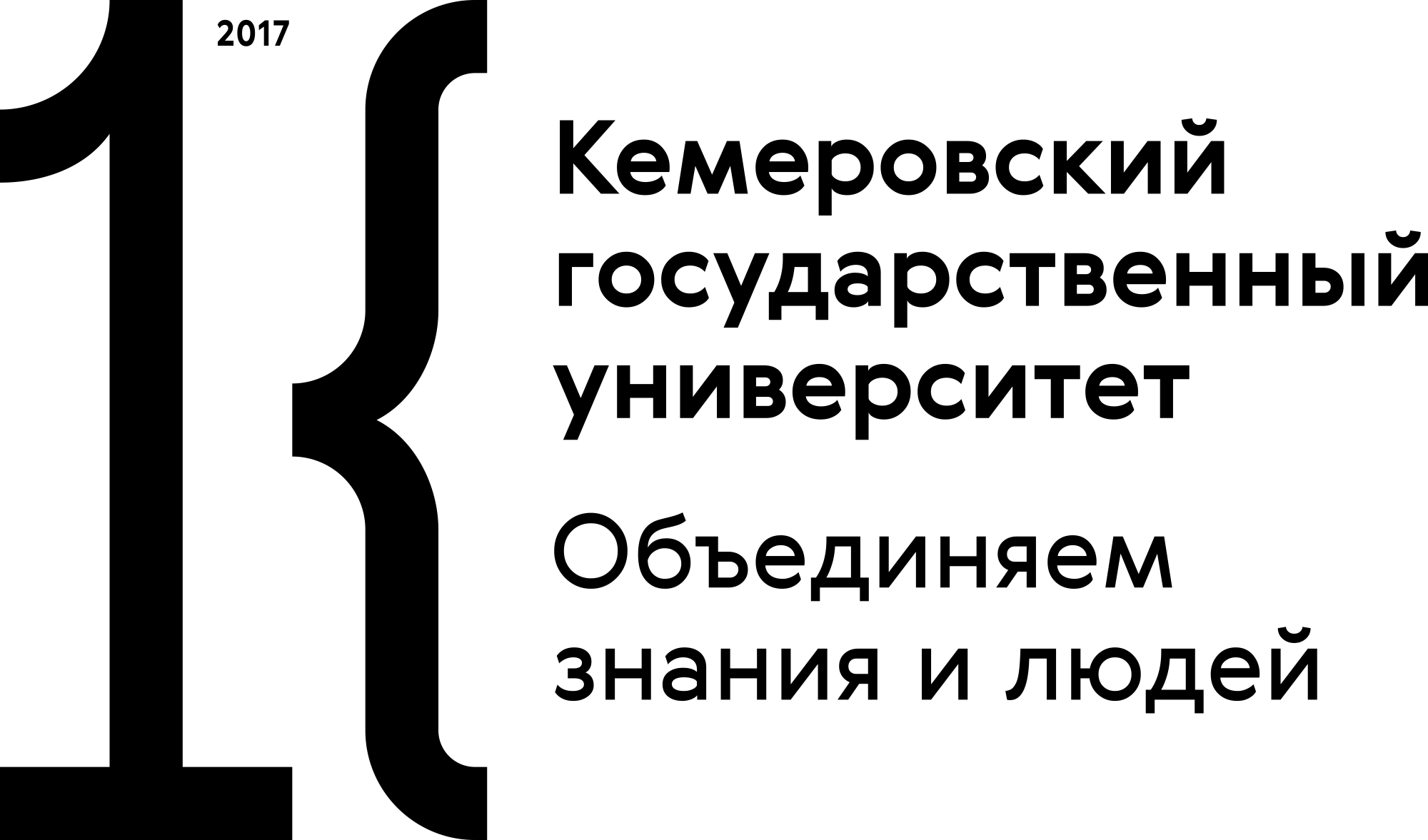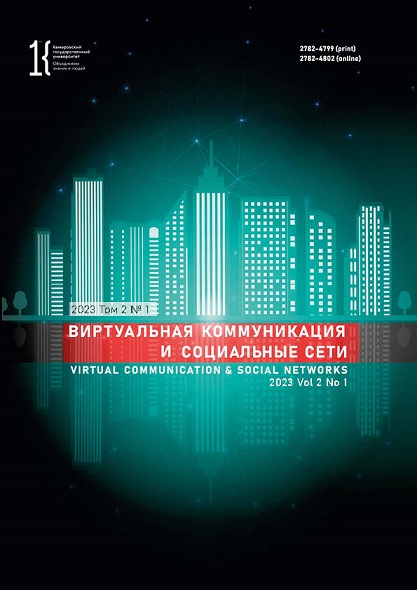Kemerovo, Russian Federation
Kemerovo, Russian Federation
Hashtags affect the conceptual sphere of Internet users and may promote certain ideologies because they are a synthetic tool of virtual communication. The research objective was to classify hashtags in virtual communication using the methods of conversational, contextual, discursive, content, and intent analyses. The study covered the online representations of the Kemerovo State University and its hashtags (2020–2023), namely, those of its official accounts, institutes, departments, trade unions, and student communities. The author revealed the following functions. The predictive function guided the first impression and was followed by compression, structuring, differentiating, and navigation functions, which systematized the content. The stereotyping function manifested itself in the image formation, while the axiological function asserted a set of ideologies behind it. The actualizing function was responsible for correlating the content with the media agenda. The manipulative and attractive functions demonstrated the suggestive aspect of the communicative potential of hashtags that represented the basic concepts of the university's conceptual sphere: kinship and family, community, a sense of belonging, stability, etc. In general, they developed an ideological model that formed a positive image of the university for the target audience.
hashtag, tag, communication, social media, university, function
1. Belovodskaya A. A. On expanding the research opportunities of the hashtag as a media discourse phenomenon. Media Linguistics, 2019, 6(1): 60-74. (In Russ.)] https://doi.org/10.21638/spbu22.2019.105
2. Boguslavskaya V. V., Boguslavskiy I. V. Media text and hashtags: digital media transformation. Humanitarian Vector, 2017, 12(5): 51-58. (In Russ.)] https://doi.org/10.21209/1996-7853-2017-12-5-51-58
3. Budnik E. A. Hashtag #stayhome as a tool of political communication. MEDIAEducation: Media as a part of daily life: Proc. V Intern. Sci. Conf., Chelyabinsk, 24-25 Nov 2020. Chelyabinsk: ChelSU, 2020, vol. 1, 35-39. (In Russ.)] https://elibrary.ru/wyigou
4. Galiamina Ju. E. Linguistic analysis of Twitter hashtags. Modern Russian on the Internet, eds. Akhapkina Ya. E., Rakhilina E. V. Moscow: Yazyki slavyanskoy kul'tury, 2014, 13-22. (In Russ.)]
5. Gulyaeva E. A., Klyukina Yu. V., Mordovina T. V. Hashtag as a way to increase the efficiency of regional video advertising. The world of science, culture, education, 2020, (5): 391-393. (In Russ.)] https://doi.org/10.24411/1991-5497-2020-01003
6. Ineshina S. V., Kalashnikova A. L., Poselenova E. Yu., Ragimova F. S., Gorokhova M. V. Corporate culture formation of Kuzbass support university in instrumental aspect. Social and humanitarian processes of modern Russia, ed. Ivanovskaya I. I. Petrozavodsk: Novaya nauka, 2021, 4-27. (In Russ.)] https://elibrary.ru/pubjsn
7. Kaygorodova M. E. Hashtag as a new type of media discourse. Genres and types of text in scientific and media discourse, ed. Pastukhov A. G. Oryol: OSIAC, 2015, iss. 13, 111-117. (In Russ.)] https://elibrary.ru/wewjhp
8. Leshuk S. V., Nasedkina N. I. Hashtag as a digital communication tool. Universum: filologiya i iskusstvovedenie, 2021, (11): 11-14. (In Russ.)] https://elibrary.ru/mhmabg
9. Fadeeva I. V. Hashtag as a tool of influence in modern media space. International Research Journal, 2021, (9-3): 177-181. (In Russ.)] https://doi.org/10.23670/IRJ.2021.9.111.106















